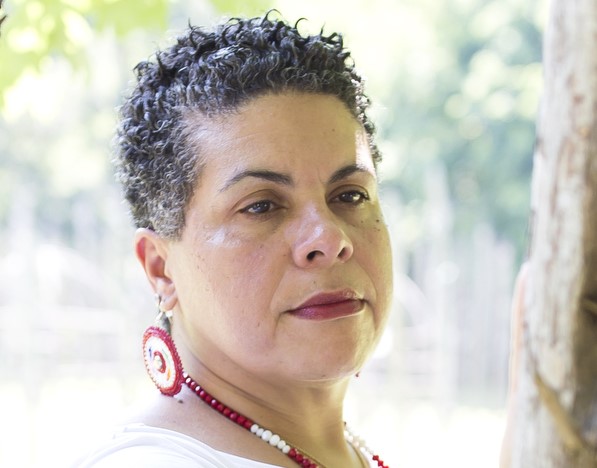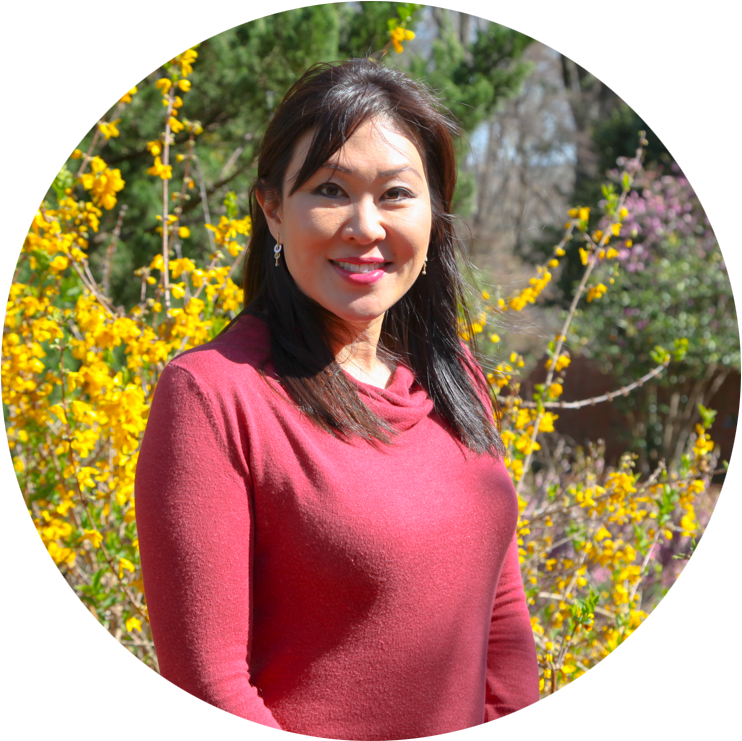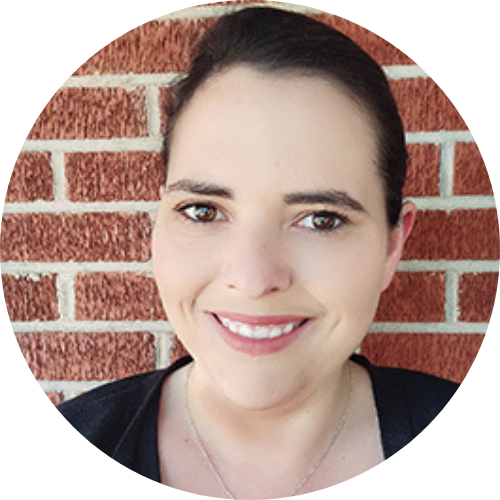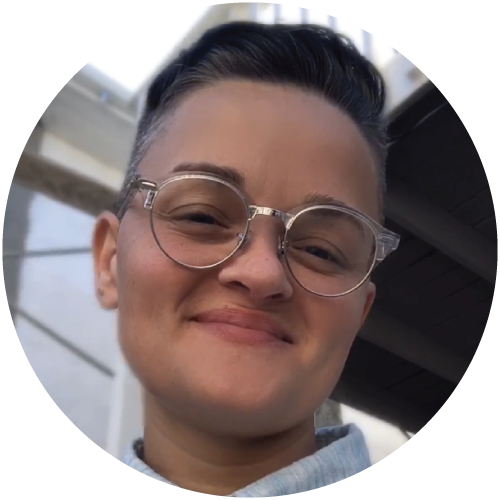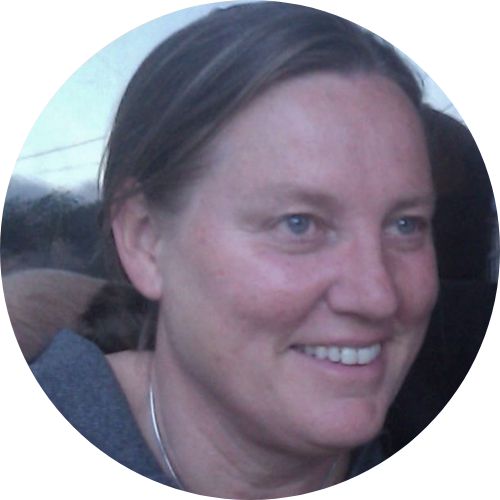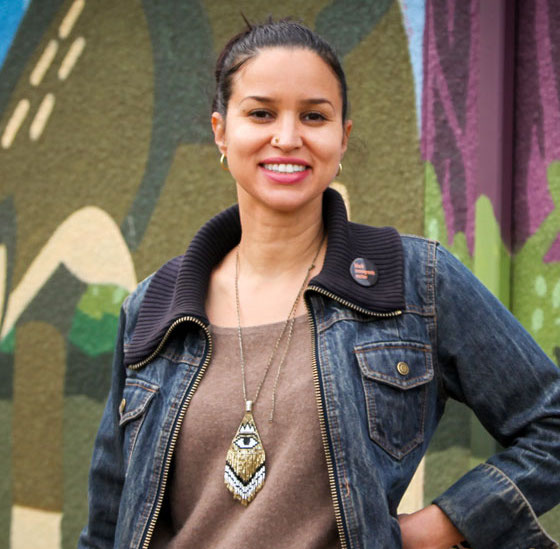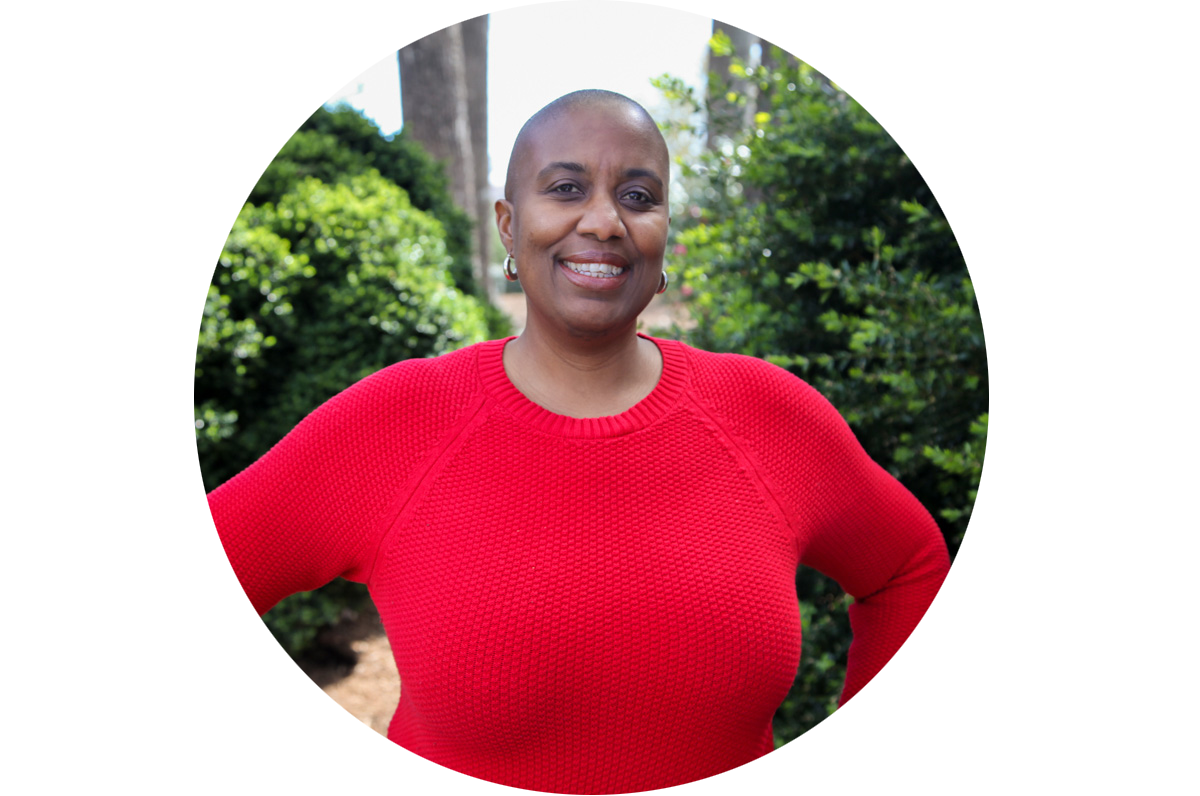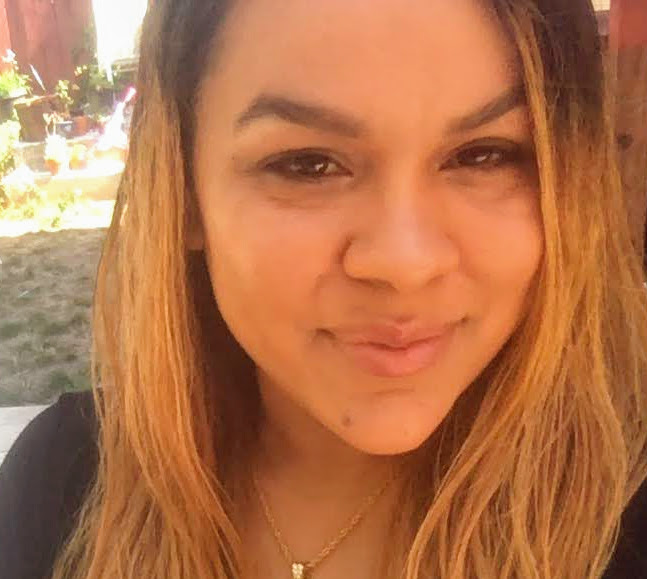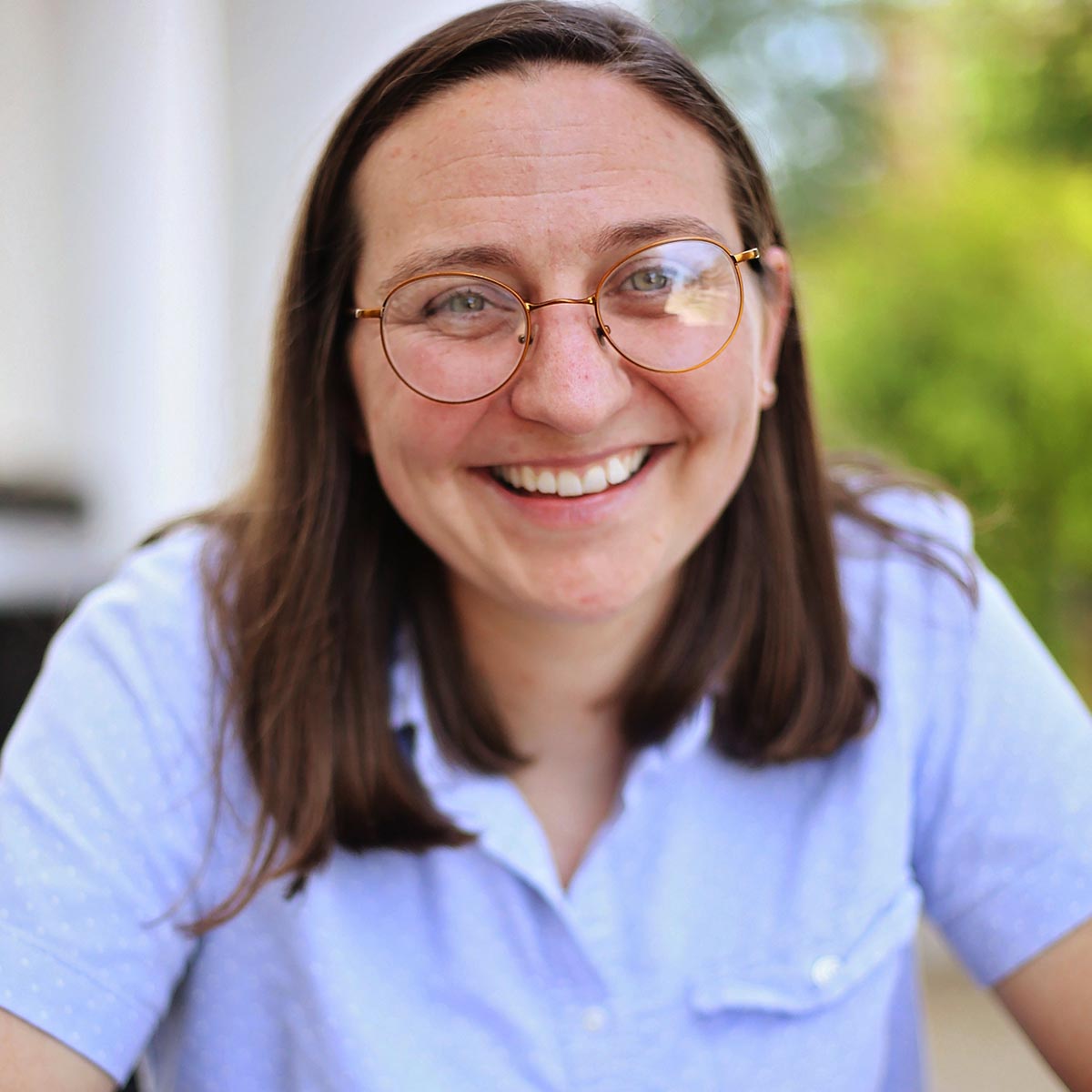Archives: Team
Post Type Description
Vivette Jeffries-Logan
Vivette Jeffries-Logan is a citizen of the Occaneechi Band of the Saponi Nation. She served her People as an elected member of the Tribal Council and as Founding Director of the OBSN Tribal Health Circle.
Vivette was a trainer with Dismantling Racism Works (dRworks), served as the Director of Training and Technical Assistance at a state domestic violence coalition, and served on the Advisory Board for the American Indian Center at a local university. She also served as Curriculum Designer and Instructor for the Working Effectively with Tribal Government course for the Centers for Disease Control and as Core Faculty with the William C. Friday Fellowship for Human Relations.
She was honored recognized as an Honoree at the Women’s Honor Ceremony during the American Indian Women of Proud Nations Conference. United Tribes of North Carolina also honored her with the Distinguished Service to Indian People Award. Vivette earned a B.A. in Psychology and Community Studies from Guilford College and an Associate Degree (A.A.S) in Hospitality Management from Alamance Community College. She is a graduate of the North Carolina Native Leadership Institute of the American Indian Center at the University of North Carolina. She is also a Certified Executive Chef with 17 years’ experience in Hospitality Leadership and Management.
When not at work you can find Vivette laughing with relations, talking story in beloved community, baking legendary pound cakes and other southern delicacies, and attending powwows and gatherings across the state.
What Liberation Means to Vivette
Tell us why you do what you do.
It is my intention to honor my Ancestors, my Relatives, and the Coming Generations and be of service to Indigenous People.
What’s most important to you about being part of Solidaire?
The opportunity to resource the First People of Turtle Island is one aspect of interrupting, ameliorating and healing historical trauma.
What does liberation mean to you?
The time and space for our communities to breathe, re-member our original teachings and heal.
Jennifer Hu Corriggio
As the Senior Philanthropy Organizer at Solidaire, Jennifer (she/her) organizes institutional members, campaigns to help transform philanthropy, and supports development of an integrated capital strategy. Her background in philanthropy includes serving as a Director of Philanthropy & Donor Relations at a community foundation, philanthropic advising for families and individuals, working with professional advisors, and advising philanthropic collaborations as legal counsel. Jennifer has been a Solidaire member since 2015 and joined staff in 2020. She has held both funder and fundraising roles, in both personal and professional capacities, and draws from these experiences to organize for Solidaire.
Jennifer also serves as General Counsel to Solidaire. Prior to working in philanthropy, she practiced nonprofit, corporate, and litigation law, and taught as a law professor. Jennifer has believed in the power of social movements since studying political theory at Cornell University. She also has a JD and LLM in International & Comparative Law from Duke Law School. Jennifer loves all forms of art and spent substantial time in Spain studying flamenco dance. A native Texan from a Chinese immigrant family, she has been living in the New York City area with her family for nearly two decades.
What Liberation Means to Jennifer
Tell us why you do what you do.
I believe in the power of social movements to lead us to a more just, transformed world full of possibilities. I also believe in leveraging the power of organizing and access to assets–whether social, capital, or skills in influencing philanthropy, amplifying different narratives, and co-creating a transformed future together. I refuse to believe that humans cannot course-correct their paths towards self-destruction.
What’s most important to you about being part of Solidaire?
This community understands the necessity of solidarity with social movements, building trust, and bringing courage and humility to the work, as well as the importance of leading by example to show that transformation is possible.
What does liberation mean to you?
Liberation is creating the conditions possible to live into one’s full potential, joy, authenticity, and dignity on both an individual and societal level.
Amie Little
As Administrative Coordinator, Amie (she/her) supports the activities of the Donor Organizing and Political Education team with her diverse skillset, creative solution-finding energy, systems thinking, and love of spreadsheets. She lives with her family in the Blue Ridge Mountain region of Northeast Tennessee, where she was born and raised.
What Liberation Means to Amie
Tell us why you do what you do.
We are someone’s ancestors, now. I want to leave a heathier planet, a more just society, and a freer world to our kids and theirs.
What’s most important to you about being part of Solidaire?
Being part of a collective working toward a shared vision. From day one, I felt like I joined a community that had convened to do something important and I’m grateful to have a role in that.
What does liberation mean to you?
To me, liberation is a north star. It’s a set of values that prioritizes justice and recognizes all forms of life as precious and interrelated. We can and should align our goals with liberation, imbue our systems and practices with it, let it guide us in constructing a reality where all are safe, valued, have the means and opportunity to live freely and realize our potential.
Beezer de Martelly
Beezer (they/them) brings to Solidaire an organizing background building broad alliances that join organizers on the frontlines of struggle with those who create capacity for social change behind the scenes and at sites of power many cannot access. Originally from the Chicago area, Beezer moved to the Bay in 2011 to begin graduate studies at UC Berkeley while organizing alignments among the free education, anti-privatization, housing justice, and labor movements. They have connected these commitments to struggles for Black liberation, Indigenous justice, anti-fascism, migrant organizing, queer and trans liberation, and justice for poor and houseless people. As a whole, their work focuses on creating networks of mutual aid in movements that center accountability to those most impacted by oppression to inspire transformative change and collective liberation. When they aren’t organizing, Beezer likes to cook and make music with their friends.
What Liberation Means to Beezer
Tell us why you do what you do.
In my role as a Donor Organizer, I strive to help members identify and build alignment across shared values rooted in liberation work. I am moved by the work of animating people’s senses of solidarity and helping them recognize the roles they might play in this collective work.
What’s most important to you about being part of Solidaire?
I believe in Solidaire’s commitment to collective liberation and in the work of taking leadership from those most impacted by oppression in transforming our shared reality. I believe this community has a unique and important role to play in collaborating with movements for racial, gender, and class justice.
What does liberation mean to you?
To me, liberation is building deep solidarities across lines of struggle, where each of us recognizes how we can contribute to getting ourselves and each other more free.
Cory Pohley
Cory (she/her) has provided executive and senior leadership and consulting services to social justice and community-based organizations throughout her career. She enjoys serving as a strategic partner and resource to leaders and organizations working to advance the rights of those impacted by injustice and systems that fail them. Cory has supported the growth and development of organizations and networks – large and small and has successfully led numerous Bay Area organizations through challenging leadership transitions. As a lifelong nonprofit professional she has held just about every title essential to the healthy functioning of an organization. This has led to her deep respect and understanding of every person’s contribution to ensuring an organization’s well-being and impact.
Cory’s former roles include serving as CEO of California’s statewide network of CASA (Court Appointed Special Advocates) programs; this role was especially meaningful to her as someone who grew up in and emancipated from foster care.
What Liberation Means to Cory
Tell us why you do what you do.
My inspiration for everything I do including my work choices was forged in my youth. Throughout my childhood, I was a “ward of the court” – not seen, not heard, not protected, not consulted. And then, staff from a progressive organization invited me in and created space for me to speak from my heart to those in power by naming the harm suffered and encouraging me to use my voice to advocate for systems change. It was a pivotal experience that resulted in being entrusted with a job that would allow me to do the same for others. No turning back. Four decades later, I’m still paying it forward, still learning, and still experimenting together with people and leaders I love.
What’s most important to you about being part of Solidaire?
I am honored by the opportunity to work alongside Solidaire’s incredible staff and board, donor members, and partners; to contribute my learning, resources, and energy to a loving community that is resourcing a powerful vision.
Solidaire’s emphasis on collective liberation, collective learning, experimentation, and trust, resonates deeply with me. I am moved by the example of its donors who are working together to radically disrupt wealth narratives by trusting first, and then resourcing the collective capacity, sustainability and wellbeing of Black, Brown, and Indigenous frontline movements and leaders.
What does liberation mean to you?
Enough for all. Life in balance with each other, with nature, with spirit. Spaciousness and encouragement to truly be who you really are with dignity. Creating individually and collectively the conditions we dream of for future generations. And of course, as Solidaire has expressed so beautifully: a world where racism, economic exploitation, and disregard for the wellbeing of the planet no longer destroys whole communities to benefit a few; a world where all people have power to shape the decisions that affect their lives, and to flourish.
Barni Axmed Qaasim
Barni (she/her) is a filmmaker and communications specialist who is committed to amplifying the work of communities on the frontline of social justice movements. In her role as Communications Director, Barni works to capture stories and develop tools to amplify the work of Solidaire donor organizers.
Before coming to Solidaire Barni was the Digital Organizing Director for Communities United for Restorative Youth Justice, a grassroots organization working to close youth prisons and build youth leaders. Barni co-founded Devlabs and helped to launch a venture capital fund investing in Indigenous software companies in southern Chile. Barni worked as a communications consultant for grassroots organizations such as Puente Arizona, Mujeres Unidas y Activas, and the Somali Association of Arizona. She has directed independent documentary features and shorts including Catching Babies, Youth on the Dividing Line, and A Little Rebirth. Barni was the production director for Third World Majority, a woman of color media collective training grassroots organizers about media production and digital security. Barni holds a BA in Political Science with a minor in Interdisciplinary Arts and a Master of Arts in Broadcasting and Electronic Communication.
What Liberation Means to Barni
Tell us why you do what you do?
Storytelling and technology are the tools I use to continue my parents’ work to envision a just and sustainable world. My work is rooted in the philosophy that those most impacted by injustice are capable, strong, and the most qualified to tell their own stories. I am inspired by the strength and resilience of all people fighting for justice.
What’s most important to you about being part of Solidaire?
I have spent two decades working with directly impacted communities fighting for immigrant rights and racial justice. I have been searching for ways to not only challenge injustice, but to create new systems that are sustainable.
What does liberation mean to you?
Liberation means that all people are free to live as their authentic selves in harmony with Mother Earth. Liberation means every human being is unfettered from oppressive states and poverty, so that we can heal our trauma and flourish collectively.
Janis Rosheuvel
Janis (she/her) is a Black immigrant who was born in Guyana, South America. For over two decades, Janis has organized with communities most impacted by injustice, following their lead and demanding just and right repair for past and ongoing harms. She currently serves as the Director of Movement Partnerships and Grantmaking at Solidaire. Previously, she worked as Executive Secretary for Racial Justice with United Methodist Women and was formerly Executive Director at Families for Freedom, a national anti-deportation organization center. Janis was a Fulbright Fellow to South Africa, where she documented the struggles of migrants, shackdwellers, and other working-class activists. She lectured for five years in the Department of Sociology at John Jay College on the criminalization of migrant life. Janis serves on the North Star Fund’s Let Us Breathe Community Funding Committee. She holds an MA in Conflict Resolution from the University of Bradford in West Yorkshire, England. Janis enjoys yoga, meditation, hiking, and vegan baking.
What Liberation Means to Janis
Tell us why you do what you do.
In my work, I am an organizer first and foremost. I believe in the power of impacted people to mobilize together to resist and transform oppressive systems. We are organizing to resist immediate harms and to build long term capacity for a radical new future. I am Black, a woman, an immigrant. These identities, and many others, orient how I see the world and the kind of world I am organizing to realize. Organizing works. Period.
What’s most important to you about being part of Solidaire?
I do this work as part of a long tradition of folks who know that collective resistance is the only way we will truly get on the road to liberation. I continue to believe in Solidaire’s work because it constitutes a needed effort to organize people with access to wealth to be class traitors in a way that helps them bolster and deeply align with liberation movements.
What does liberation mean to you?
For me, liberation is an ongoing effort to realize the most just, loving, verdant, and compassion-filled world we can. For me, we win liberation one step at a time, over and over again.
Jesenia A. Santana
Jesenia (she/her/ella) has over 15 years of experience dedicated to intersectional liberatory movements centering racial and gender justice. She is currently the Senior Resource Strategist at Solidaire Network where she works to mobilize resources for and build trusted relationships with movements advancing gender, racial and climate justice. Prior to Solidaire, she held the role of Program Officer for NoVo Foundation’s Initiative to End Violence Against Girls and Women, where she led the United States and Global South movement-building portfolios and oversaw the foundation’s accompaniment and capacity strengthening program.
Previously, Jesenia has served as a tenant rights advocate; led projects advancing the rights of criminalized survivors of violence in New York City; and co-designed narrative power building campaigns alongside currently and formerly incarcerated women. As a member-organizer with the Coalition for Women Prisoners, she contributed to the successful campaign to pass the Domestic Violence Survivors Justice Act.
Jesenia brings with her the values of collaboration and solidarity in her work towards collective liberation. She holds a Bachelor of Arts from Wesleyan University and a Master of International Affairs, with a concentration in Human Rights, from Columbia University. She currently serves on the board of Grassroots International. A daughter of immigrants from the Dominican Republic, she was born and raised in Harlem and makes her home in Brooklyn, NY with her family.
What Liberation Means to Jesenia
Tell us why you do what you do.
I am guided by the belief that movements for social justice will get us to the liberated world we need for every person and the Earth to thrive. I see my role in mobilizing resources to people and communities most impacted by the systems and structures created to oppress and harm, as one way to contribute to this re-imagined world.
What’s most important to you about being part of Solidaire?
Being in beloved community with people who are committed to justice, equity and building trusted relationships. I am excited by Solidaire’s values and principles and the intentional ways it embodies them in how we organize donors and move resources.
What does liberation mean to you?
It means that every person is living each moment free from violence, full of joy, and thriving in the unique way they envision it for themselves. Justice, equity and wellbeing are abundant and celebrated.
Mzima Scadeng
Mzima (mmm-ZEE-muh) (she/her) is the Governance Strategist at Solidaire. Mzima holds a Bachelor of Arts from American University with a focus in social inequality, American culture, and nonprofit leadership. She holds a certificate in Nonprofit Leadership from the Nonprofit Leadership Alliance and is currently pursuing a Master of Professional Studies in Leadership for Sustainability from the University of Vermont. Over the past 25 years, Mzima has held various roles within the nonprofit and for-profit sectors as an administrative assistant, strategic planning and evaluation contractor, educator, workshop facilitator, business owner, board member, and volunteer.
What Liberation Means to Mzima
Tell us why you do what you do?
I do it because I have hope that we can all co-create a world filled with love, safety, peace, and justice.
What’s most important to you about being part of Solidaire?
It feels important to “walk the walk” as examples of solidarity and integrity.
What does liberation mean to you?
Freedom of mind and body.
Ada Smith
Ada (she/her) is from Whitesburg, Kentucky. Raised by Appalshop filmmakers, she learned about cultural organizing at an early age. Ada’s politic continues to be informed by Appalachian and rural landscapes, especially the myriad forms of resistance therein. She is a founding member of the Stay Together Appalachian Youth (STAY) Project, has served as a co-facilitator for the Kentucky Rural-Urban Exchange, and finds political home in radical, southern organizing formations. Ada is currently on the board of the Mountain Association, an eastern Kentucky CDFI. After 15 years of movement building, she dreams and builds for what’s to come, knowing liberation is possible in our lifetime.
What Liberation Means to Ada
Tell us why you do what you do.
My politics are informed by Appalachian and rural landscapes, and the myriad forms of resistance therein. After 15 years of movement building, I dream and build for what’s to come, believing liberation is possible in our lifetime.
What’s most important to you about being part of Solidaire?
Resourcing can be a liberatory tool. Solidaire’s team is dedicated to assisting our movements in winning, and I hope to be a part of that team effort.
What does liberation mean to you?
Operating from abundance, finding ways to tend to our land and resources, and sustaining one’s cultural practices and beliefs to build connection.
